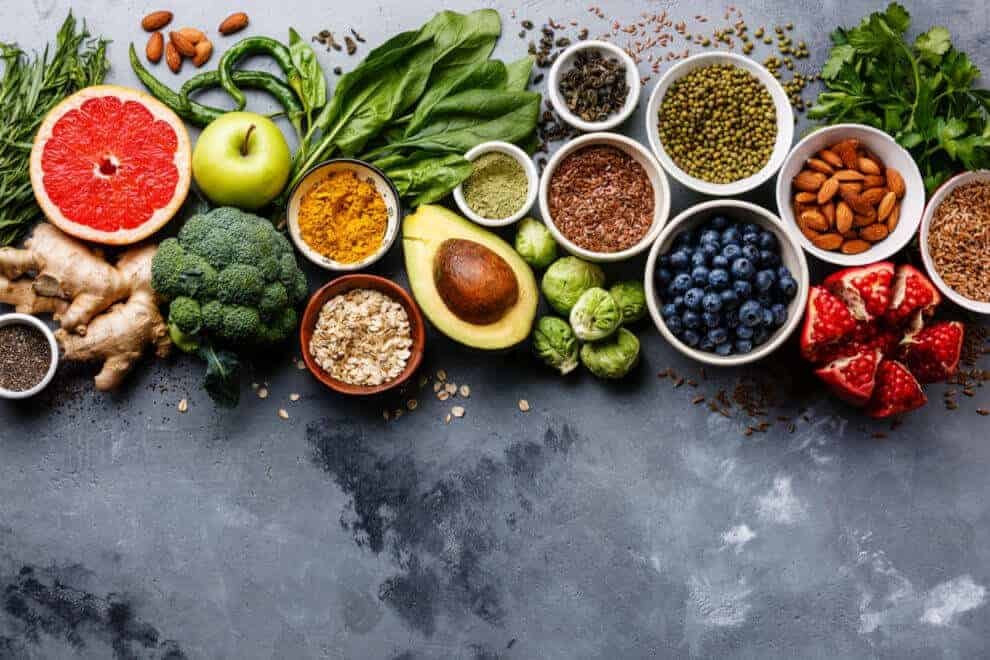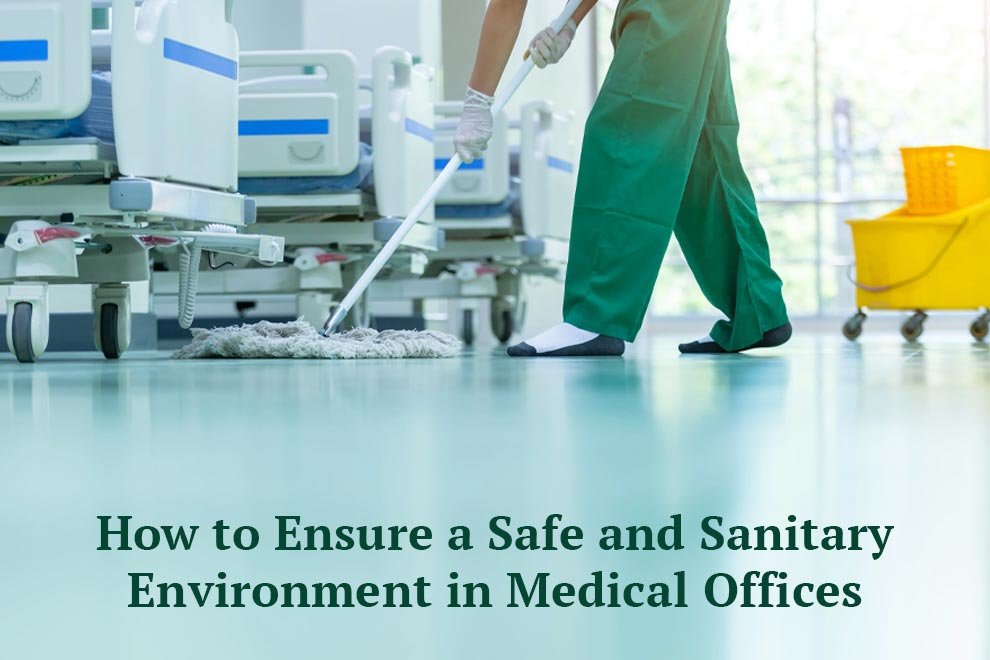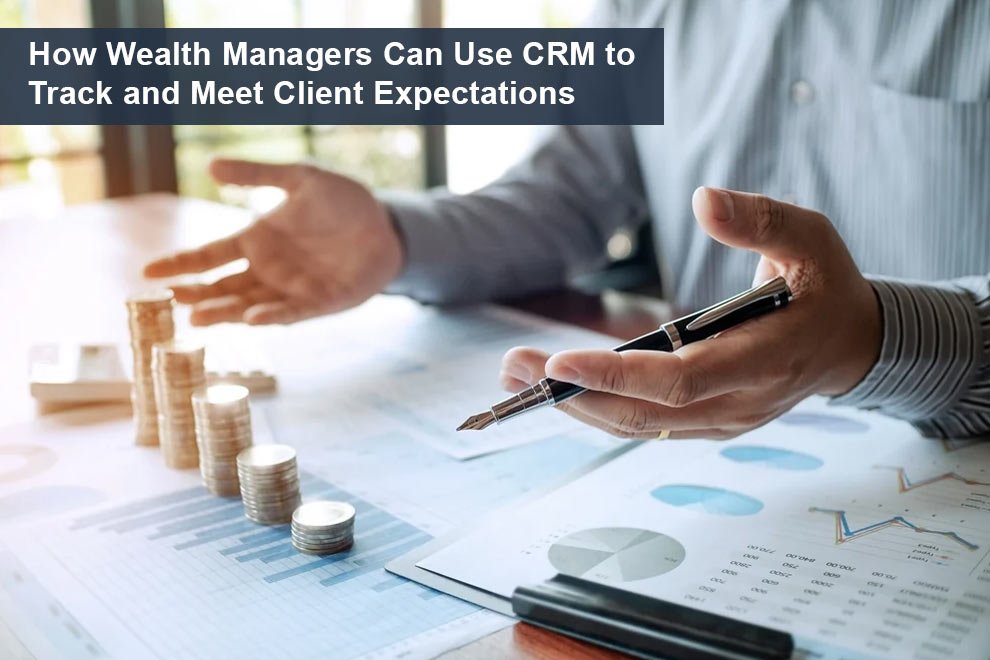You expected something to happen and it did not happen. You expected somebody or something to be your way and you failed. In other words, you are simply against what is happening. But is it really necessary to go things your way? Why should the whole world go your way? You may have started answering the questions but your twisted thoughts coming all the way to an end, depression, known for its infamous deeply self-destructive impact. You generally get depressed because you show no acceptance. You do not accept things as they are. You have a hyper-sensitive ego. And that’s the only reason you don’t like things better than you.
This harsh reality can be handled at the level of body, mind, and energies. Foods have an immense impact on our body and our mind, and eating sensible foods is a great source of energy we may need to pump out our depression. To choose the right food, we must know what kind of machine we are and what appropriate fuel we need to achieve optimal performance. Evidences clearly show antidepressants are not an ideal choice for most people suffering from depression. The nutrition plan and body, mind exercises are better ways to heal physical as well as mental health.
Eat what’s far from you
It’s not just the high fat or calorie content of processed foods that is driving obesity and diet-related illness. The lack of food diversity is killing your gut flora. Your body is way complex than you think. And it’s every single cell is way intelligent than your brain, carries memories of your deeds and your ancestral traits that you may have not started realizing yet.
Our brain is part of our body. So, whatever we eat, it accumulates, transforms and assimilates, and hence defines what body and brain we are carrying. Our body acquires intelligence, memory, and genetic code that determines what the food that we eat is converted into. For example, the same apple eaten by different entities becomes part of their body. If you eat that apple becomes you or a cow eats that apple becomes a cow.

Traditionally, it’s been said that you must eat what is furthest away from you, genetically. Several findings suggest eating a plant-based diet as they are the furthest away from us. There are many awakening results answering why people are shifting to a plant-based diet. Especially athletes who have shown strength, stamina, and intellect at their greatest possibilities after being vegetarian. They explore the connection between the food that they eat and their physical and mental health. Researchers from the Medical University of Vienna, Austria found out that gladiators had a vegetarian diet.
Take for instance, our sugar diet, which spells the impact it does to our mentality.
The sugar trap takes a toll on mental health
What Does the ‘Best Evidence’ Say About Antidepressants? clearly shows avoiding sugar and artificial sweeteners are a crucial aspect of preventing and/or treating depression. Both contribute to chronic inflammation and can cause havoc with brain function. It’s also not a great surprise that swapping processed junk food adds a tang to the depression and can significantly improve its symptoms. On the other hand, sweetened beverages are packed with an increased risk of depression. Those who drink four cans or more of soda have a 30% higher risk of depression compared to non-drinkers.

Consuming fruit juices are even more hazardous. The same amount of added sugar fruit drinks (four glasses) was associated with a 38% higher risk of depression. Overall, artificially sweetened “diet” drinks are carrying high risks of depression, compared to beverages sweetened with sugar or high-fructose corn syrup.
- Diet soda drinkers are 31% more likely to suffer from depression, whereas regular soda is associated with a 22% increased risk.
- Diet fruit drinks have a 51% high risk for depression, while regular fruit drinks have a modest 8% increased risk.
- Drinking primarily diet iced tea is associated with a 25% increased risk for depression, whereas people who drink regular sweetened iced tea actually had a 6% reduced risk.
The relationship between diet and mental illness does exist for ages. In 2004, British psychiatric researcher Malcolm Peet in his publication found a strong link between high sugar consumption and the risk of both depression and schizophrenia.
“A higher national dietary intake of refined sugar and dairy products predicted a worse 2-year outcome of schizophrenia. A high national prevalence of depression was predicted by a low dietary intake of fish and seafood.”
“The dietary predictors of … prevalence of depression is similar to those that predict illnesses such as coronary heart disease and diabetes, which are more common in people with mental health problems and in which nutritional approaches are widely recommended.”
Sometimes, it’s better not to eat much rather it is good to fast once a week. But not forcefully or else this may cause damage to the system. If that is not possible go on a fruit diet. The idea is, if you cannot fast, you need something that is easily digestible. This way you can kill disease-causing bacteria or bad bacteria. Fasting makes their reproductive cycles short and restores a healthy diversity in the gut.
It’s time we must teach people how to pay attention and let them ask themselves – what they eat are in favor of the health of not? This is a simple way to aware people.
Also Read,
Vitamin C: An Effective Coronavirus Treatment
10 Family Activities During Coronavirus to Connect with Nature & Plants










